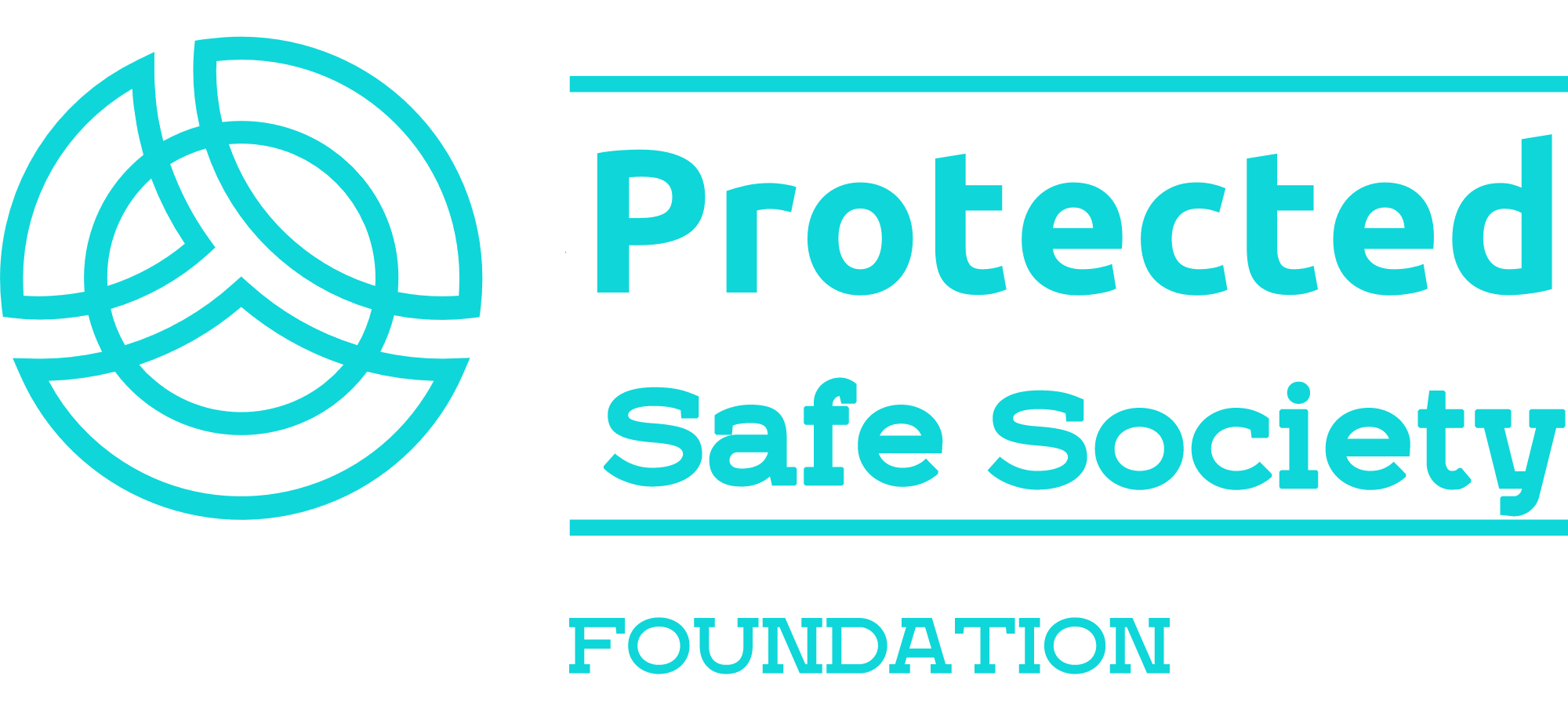After months of labor, the roster of the European Commission has finally been put together. We’ve looked into who the winners and losers are, and what Hungary can make out of the situation.
In July, it was decided that the mainstream forces prevailed as Ursula von der Leyen was re-elected as the President of the European Commission with 401 votes. Following this, fierce power struggles immediately began regarding the selection of commissioners.
The president of the commission wants to show that she has taken unlimited control of EU policy.
During the selection of the members of the commission who will work for the next five years, Von der Leyen sent messages at every level. She gave out high-sounding, yet low-responsibility positions to several leading member states of the union, while keeping her friends close. The overlapping of portfolios in the structure ensures that she will be the arbiter in a number of key issues, such as budget, defense, green transition, and climate protection.
Von der Leyen, in a not entirely condemnable manner, put her own political family in positions of power when distributing commissioner positions. The European People’s Party (EPP), considered the main force in the European Parliament, will dominate the body with 14 out of the 27 posts. The biggest gesture was made towards the Progressive Alliance of Socialists and Democrats (S&D) by the president of the commission, as Teresa Ribera, the former deputy prime minister of Spain and a nominee of the leftist government, received the portfolio responsible for the green transition that Von der Leyen holds dear. It’s certain that Ribera will have a say in everything from energy policy to industrial policy to transportation that is indirectly related to the EU’s energy usage and emission reduction goals.
Von der Leyen also tried to treat everyone as best as possible. Italy, led by Giorgia Meloni – despite being a founding member and the third most influential member state – only received the position of executive vice-president responsible for cohesion and reforms. However, this was enough for the left to criticize the European Commission due to the advancement of the "far-right".
It seems that Ursula von der Leyen did not forgive Emmanuel Macron either, as after one of his most hostile commissioners, Thierry Breton, resigned, the commission president assigned the not so autonomous position of executive vice-president responsible for prosperity and industrial strategy to the French.
In this respect, Olaf Scholz, the German social democratic chancellor, was perhaps the luckiest, as he saved himself from debates by declaring that Ursula von der Leyen, as the president of the commission, is also Germany’s representative in the European Commission.
The biggest winners are the Baltic states, which received influential portfolios. The former prime ministers of Estonia, Kaja Kallas, and Lithuania, Andrius Kubilius, will be responsible for foreign policy and defense policy. This is unsurprising in the shadow of the war in Ukraine – neither of them is likely to support any peace missions.
Alongside the Baltic states, Poland is also a big winner: Warsaw secured the budget commissioner post. It was almost guaranteed that Poland would receive such an important position after Donald Tusk, the former president of the European Council, won last year’s election, as his party is also an ally of the EPP, the president of the commission’s political family.
Valdis Dombrovskis, the Latvian, and Wopke Hoekstra, the Dutch, also got favorable positions, as they have been working in the commission for a long time and have proven to be reliable Eurocrats. Somewhat surprising is that despite the rather stormy relationship between the Slovak government and Brussels in recent months, Maroš Šefčovič got the trade commissioner position requested by Bratislava. It was likely influenced by the fact that Šefčovič has been a member of the commission since 2009 and will soon be the longest-serving EU politician as a commissioner – making him a reliable figure from the Brussels perspective. With this decision, the president managed to avoid the possibility that the Fico government might propose a "problematic" commissioner.
Austria secured the position of commissioner for home affairs and migration, which is also prestigious but of little practical use. However, Magnus Brunner’s nomination does look good for the Austrian People’s Party’s election campaign.
Bucharest may see it as a failure that Roxana Mînzatu only received the position of commissioner for people, skills, and readiness, while her Spanish colleague will be responsible for one of the most important areas.
Belgium, despite hosting the EU’s institutions, had to settle for the position of commissioner for preparedness, crisis management, and equality.
The strengthening of Ursula von der Leyen’s power is not surprising at all. Several strong European leaders weakened in this year’s elections, opening up space for action for Von der Leyen. French President Emmanuel Macron suffered a devastating defeat to the right in the June EP elections, and since then there has been a permanent government crisis after the left opposition won in the parliamentary elections. This has also led to chaos around the French commissioner. The German chancellor is fighting for survival after the recent disastrous regional election results, Donald Tusk is preoccupied with domestic politics, and Italian Prime Minister Giorgia Meloni is not strong enough to take the initiative at the European level.
The President of the Commission practically has one significant rival left in the EU institutional system: the European Parliament. The EP has long been dissatisfied with Von der Leyen, and now factions have the opportunity to pepper her up. Following the current nominations, every candidate will have to face the European Parliament, where representatives will interrogate them on their experiences and suitability in grueling, multi-hour hearings. The hearings will begin in October, but the Greens/European Free Alliance (Greens/EFA) spokesperson stated last week that the candidates for the commissioner positions should be prepared for tough hearings and should not take it for granted that the EP will support them.
This will also depend on how seriously the individual factions take it. The battles between left and right-wing groups could lead to surprising outcomes: after marginalizing party families to the right of the European People’s Party during the distribution of positions, they can now take revenge by making the commissioner nominees sweat. It is possible that instead of the usual cosmetic changes, real debates will emerge around the commissioner candidates. Von der Leyen will still have significant influence on a country should a new candidate be found for a particular position as quickly as possible. The optimistic forecasts suggest that the new body could take office as early as the beginning of November, while the more realistic scenarios push this to December, and the pessimistic forecasts indicate that the new commission may not be in place until the new year for the European Union.
Healthcare and animal welfare
There were high expectations surrounding the portfolio of the Hungarian commissioner nominee, Olivér Várhelyi. The government once again nominated him as the enlargement commissioner, but given the ongoing conflict between Budapest and Brussels, which has sometimes degenerated into petty personal attacks from the EU’s side, it was not expected that Ursula von der Leyen would assign a prominent position to the Hungarian commissioner. Therefore, Olivér Várhelyi received the position responsible for healthcare and animal welfare. The decision was met with mixed reactions from the mainstream media. On one hand, they tried to downplay the animal welfare part of the portfolio – although this has always been an important topic for progressives – on the other hand, leftist MEPs almost immediately launched attacks on the healthcare part. Catarina Martins, among others, criticized the commission president for wanting to appoint a commissioner to lead the portfolio who has no healthcare expertise – not that any other nominee did. She also criticized Várhelyi for being a strong supporter of Israel in the new commission – what this has to do with healthcare or animal welfare was not elaborated.
The loud criticisms may give cause for optimism, but objectively speaking, it cannot be said that Hungary received a weaker position relative to its EU weight. Within the healthcare portfolio are vaccines, pharmaceuticals, biotechnology, and many other significant areas. The healthcare industry could be one of the breakthrough points for the Hungarian economy, as recognized by the National Bank of Hungary. It is also worth mentioning that the research of the two Hungarian Nobel laureates is closely related to healthcare, whether it be vaccines or new diagnostic procedures.
Ironically, it turns out that the Hungarian commissioner received the two areas that touch on the two biggest scandals of Ursula von der Leyen’s European leadership career. The Pfizer case is related to healthcare, and animal welfare is a weak point for Von der Leyen: since her pony was torn apart by wolves, the EC president declared open war on wolf protection, provoking the anger of animal and nature conservationists. Perhaps Olivér Várhelyi will also have to deal with this issue, even on a sensitive area for his boss.




